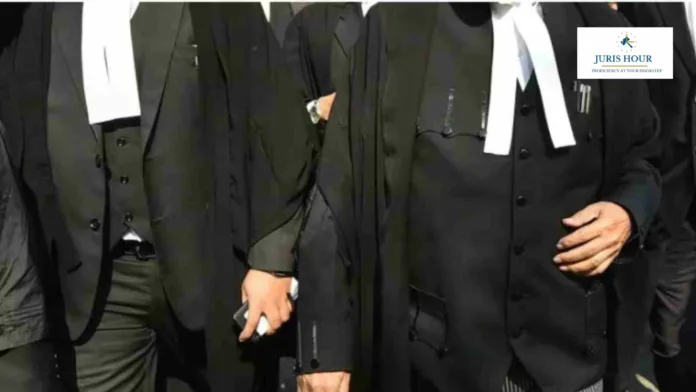The designation of Senior Advocates in India is a prestigious honor conferred upon legal professionals who have demonstrated exceptional ability and standing at the Bar. While the process has undergone reforms to enhance transparency and objectivity, concerns about biases and lack of diversity persist.
Legal Framework and Historical Context
Under Section 16(2) of the Advocates Act, 1961, the Supreme Court and High Courts have the authority to designate advocates as Senior Advocates based on their ability, standing at the Bar, or special knowledge or experience in law.Historically, this power was exercised with considerable discretion, often lacking standardized criteria, leading to perceptions of arbitrariness in the selection process.
Reforms Initiated by the Supreme Court
The 2017 Indira Jaising Judgment
In response to concerns about the opaque nature of the designation process, Senior Advocate Indira Jaising filed a petition in 2015 seeking a more transparent and objective system. The Supreme Court, in its 2017 judgment, laid down comprehensive guidelines to standardize the process:
- Permanent Committee Formation: A committee comprising the Chief Justice, two senior-most judges, the Attorney General (or Advocate General in High Courts), and a nominated senior advocate.
- Point-Based Evaluation: Candidates are assessed on a 100-point scale covering:
- Years of practice (10-20 points)
- Judgments and pro bono work (up to 40 points)
- Publications and teaching (up to 15 points)
- Interview performance (up to 25 points)
- Full Court Approval: Recommendations by the committee are subject to approval by the Full Court.
2023 Modifications
Further refinements were made in 2023 to address ongoing concerns:
- Adjustment in Scoring: Marks for publications were reduced from 15 to 5 to mitigate the influence of potentially non-peer-reviewed articles.
- Interview Weightage: The interview component was retained at 25 points, though its efficacy in assessing a candidate’s merit was questioned.
- Secret Ballot Voting: The court emphasized that secret ballot voting by the Full Court should be an exception, not the norm, to enhance transparency.
Persistent Biases and Challenges
Despite these reforms, several issues continue to undermine the fairness of the designation process:
Underrepresentation of Marginalized Communities
Data reveals a stark underrepresentation of certain communities among designated Senior Advocates. Between 2000 and 2015, only one Dalit and two Muslim advocates were designated by the Supreme Court. This disparity suggests systemic barriers that prevent equitable recognition of talent across diverse backgrounds. Legally India
2. Nepotism and the ‘Old Boys’ Club’
Critics, including Senior Advocate Indira Jaising, have highlighted the prevalence of nepotism in the designation process. There is a perception that advocates from certain chambers or with familial ties to existing Senior Advocates are favored, creating an exclusive ‘old boys’ club’ that marginalizes equally competent lawyers lacking such connections. The Times of India
3. Bias Against Public Interest Litigators
Advocates specializing in public interest litigation (PIL), particularly in areas like environmental and human rights law, often face challenges in obtaining Senior Advocate status. The selection process appears to favor general practitioners over those with domain expertise in specialized fields, potentially due to their perceived anti-establishment stance. The Times of India
4. Opaque Evaluation Criteria
Despite reforms, the evaluation process for designating Senior Advocates remains opaque. Applicants are often unaware of the reasons for rejection, and there is a lack of transparency regarding the criteria and decision-making process. This ambiguity fosters speculation and undermines confidence in the system’s fairness.
Read More: Supreme Court Grants Bail to Ex-IAS Officer Anil Tuteja in Chhattisgarh Liquor Scam Case





